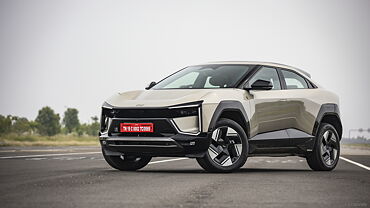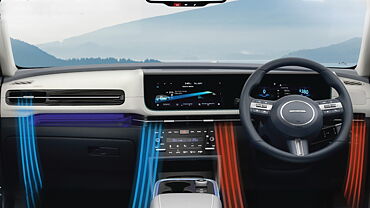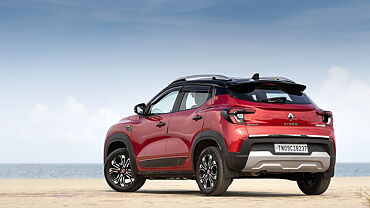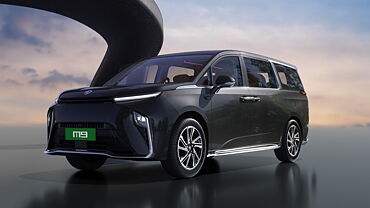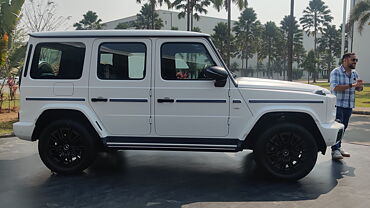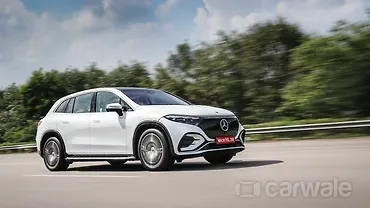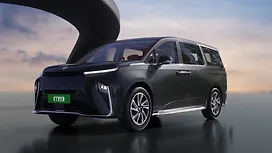
The Government of India has issued a ban on production, storage and sale of steel without the Bureau of Indian Standards (BIS) certification, effective from March 15. Though the steel industry has welcomed the decision, the auto industry experts are worried about the quality of steel produced in the country and its cost.
2015 has been a good year for Indian car manufacturers with the sales figures going north after a long period of slow growth. Owing to the increased production, steel imports of the autograde went up by as much as 41 per cent between April and September this fiscal. Autograde steel is imported from foreign manufacturers as their standards are stringent as compared to BIS. This ensures the steel sheets are lighter while retaining their strength. This high-tensile steel is used for the production of critical components.
The steel manufacturing in India used to lack in maintaining the quality standards for the want of technology. Now, with the said technology being already brought in, they are confident of matching the international quality standards. The Government of India has curbed the steel imports to boost local manufacturing under the ‘Make in India’ campaign.
The steel industry experts blame the auto industry for their long-term cost-competitive contracts with steel manufacturers from their home countries for the opposition to the new ruling. Auto industry experts, on the other hand, say that the time-frame given to get the imported steel to be certified by BIS is very short. It takes around 6 to 12 months to get the overseas certifications done whereas the ban is effective within three months.
Automobile manufacturers stock inventories enough for a month and if the ban is enforced, passenger vehicle manufacturing will be affected. The players to be affected most are the Japanese and Korean manufacturers that contribute to more than two-thirds of the Indian sales volumes.

